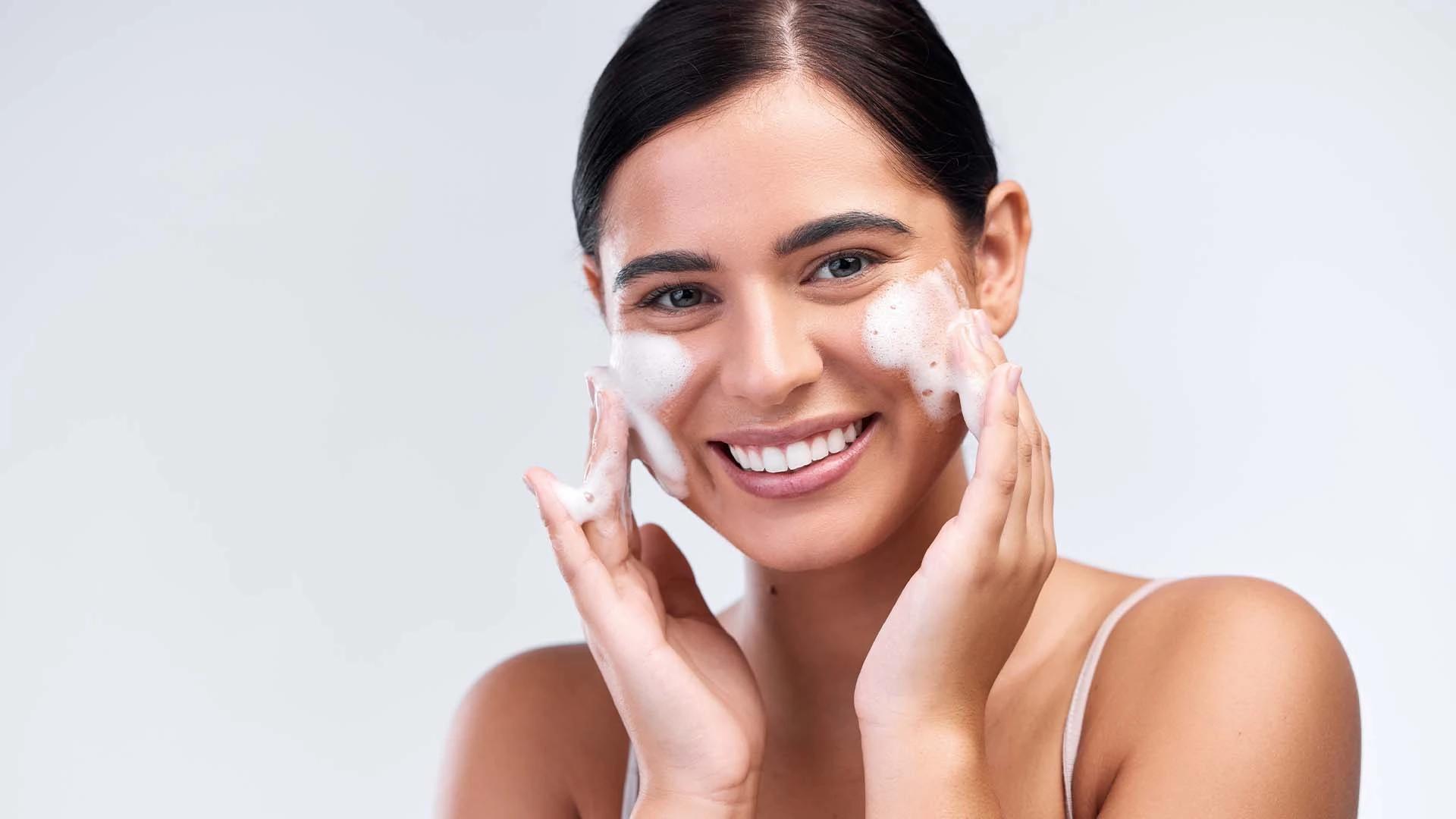Professional Treatments
Dermatological procedures like chemical peels, laser therapy, and microneedling can accelerate results. These treatments work synergistically with topical creams, often reducing treatment time by half. Always consult a qualified dermatologist before combining professional treatments with active ingredients.
At-Home Treatments
Gentle exfoliation with AHA or BHA products can help pigmentation creams penetrate better. DIY masks with ingredients like turmeric, honey, or oatmeal can provide additional support. However, avoid harsh scrubbing, which can worsen pigmentation.
Prevention: Protecting Your Skin from Future Pigmentation
Prevention truly is better than cure when it comes to pigmentation. Once you've invested time and effort in treating existing spots, protecting your skin from future damage becomes crucial.
Sun protection isn't negotiable—UV exposure can undo months of treatment progress in just a few days. Beyond sunscreen, several lifestyle factors can help maintain your results and prevent new pigmentation from forming.
**Essential prevention strategies:**
• Use broad-spectrum SPF 30+ daily, rain or shine
• Reapply sunscreen every 2 hours when outdoors
• Wear protective clothing and wide-brimmed hats
• Seek shade during peak UV hours (10am-4pm)
• Don't pick at acne or other skin injuries
• Maintain a consistent skincare routine
• Consider antioxidant supplements like vitamin C
Frequently Asked Questions
How long does it take to see results from pigmentation creams?
Most people notice initial improvements within 4-6 weeks, with significant results visible after 8-12 weeks of consistent use. Deeper, older pigmentation may take 3-6 months to fade noticeably.
Can pigmentation creams be used during pregnancy?
Many ingredients like hydroquinone and retinoids aren't recommended during pregnancy. Safer alternatives include vitamin C, kojic acid, and azelaic acid. Always consult your doctor before starting any new skincare routine whilst pregnant.
Are there any natural alternatives to pigmentation creams?
Natural options include liquorice root extract, mulberry extract, and vitamin C from natural sources. Whilst gentler, these typically take longer to show results and may be less effective for stubborn pigmentation.
Can pigmentation creams be used on all skin types?
Most pigmentation creams can be used across different skin types, but concentration and frequency may need adjustment. Those with sensitive skin should start with gentler ingredients like niacinamide or kojic acid.
How can I choose the best pigmentation cream for my specific needs?
Consider your skin type, pigmentation cause, and sensitivity level. For hormonal pigmentation, look for tranexamic acid. For post-acne marks, retinoids work well. When in doubt, start with gentler ingredients and gradually progress to stronger formulations.
Final Thoughts
Finding the right pigmentation cream doesn't have to be overwhelming. The key is understanding your skin's specific needs and choosing ingredients that target your particular type of pigmentation. Whether you opt for tried-and-tested hydroquinone or prefer gentler natural alternatives, consistency and patience are your best allies. Remember, great skin doesn't happen overnight, but with the right approach and realistic expectations, those stubborn dark spots can become a thing of the past. Always patch test new products, introduce them gradually, and never skip your sunscreen—your future self will thank you for it.
